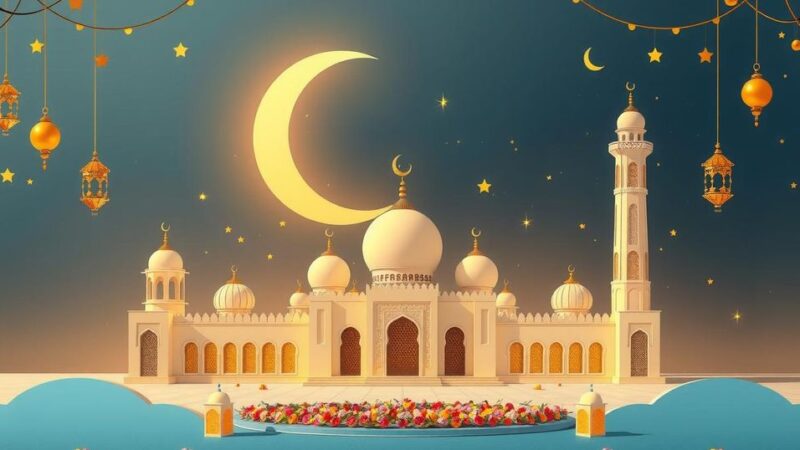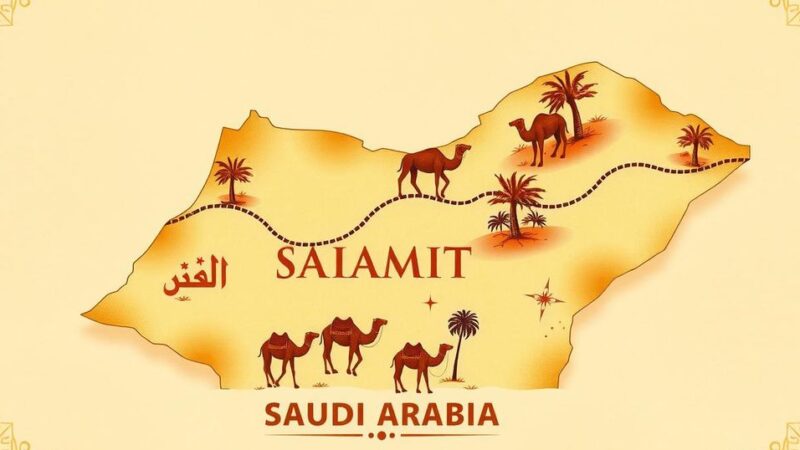Saudi Arabia, Qatar, and UAE have become key players in mediating global conflicts due to their perceived neutrality and ability to engage with all parties. Their ‘convening power’ allows them to leverage international relations and facilitate dialogue, exemplified by Qatar’s roles in the Taliban and Hamas negotiations. Analysts highlight the GCC’s effectiveness as trusted mediators in contemporary disputes.
In recent times, Saudi Arabia, Qatar, and the United Arab Emirates (UAE) have emerged as significant mediators in global conflicts. Unlike large powers that may have their own agendas, these Gulf monarchies are perceived as more neutral arbiters capable of engaging with all parties. Kristian Coates Ulrichsen, a Middle East fellow at Rice University’s Baker Institute for Public Policy, emphasizes that these nations have the ‘convening power’ necessary for facilitating dialogue and easing tensions.
The Gulf Cooperation Council (GCC), which includes Saudi Arabia, UAE, Qatar, Kuwait, Oman, and Bahrain, has demonstrated how effectively these nations can influence international negotiations. By leveraging their global relationships, the GCC states have maintained indirect channels of communication, allowing for moments when opposing sides can engage directly. Ulrichsen noted this approach provides a valuable avenue for conflict resolution without direct intervention.
Qatar’s role has been particularly noteworthy over the years; it hosted discussions with the Taliban at the request of the United States since 2012, leading to the 2020 peace agreement addressing the withdrawal of US forces from Afghanistan. Furthermore, Qatar has taken a proactive stance regarding Hamas, acting at both US and Israeli behests, facilitating dialogue to secure stop-gap measures and concessions amid ongoing tensions in Gaza since the conflict’s escalation in October 2023.
In summary, the Gulf monarchies, particularly Saudi Arabia, Qatar, and the UAE, are increasingly recognized for their ability to mediate conflicts on the global stage. Their unique position as neutral facilitators allows for effective dialogue among conflicting parties. The historical context of their engagements, particularly with the Taliban and Hamas, underscores their role as essential intermediaries in complex geopolitical landscapes.
Original Source: www.scmp.com






